It was the nightmare scenario European officials have warned about for months: Tuesday’s deadly assault on Brussels that killed at least 31 people involved simultaneous, coordinated attacks on key infrastructure sites in the heart of the E.U.’s administrative capital. The bloodshed sent a chill through European capitals, where officials for months have expressed deep anxieties about potential terrorist attacks by groups like ISIS.
The attacks hit at least two major public sites. Shortly after rush hour at 8 a.m., two explosions rocked the departure hall of Brussels’ Zaventem airport, the country’s international airline hub, killing at least 11 people and injuring 81, according to Belgian Health Minister Maggie De Block. Witnesses told Belgian media they heard Arabic being spoken immediately before the blasts, while other witnesses said that the blast erupted close to a check-in desk for an American Airlines flight.
One hour later, another blast exploded in the Maelbeek Metro station in central Brussels, killing 20 people and injuring over 100. The Maelbeek station services the modern headquarters for the 28-nation E.U., where heads of state and top officials shuttle in and out for high-level meetings at least once a week, in a complex of office buildings and conference rooms. Hundreds of civil servants work at the E.U. headquarters full-time, and many were commuting to work during the morning rush hour when the blast erupted shortly after 9 a.m.
Later in the afternoon, Amaq Agency, an organization associated with the Islamic State of Iraq and Greater Syria said ISIS fighters opened fire at the airport before detonating their explosive belts as another fighter detonated his explosive belt on the subway.
Belgium’s government raised its terrorism-threat risk to the maximum level, summoned top antiterrorism officials to a crisis meeting, and appealed to people to stay home. Officials shut the airport and Metro system, and canceled high-speed Eurostar and Thalys trains linking the city to London, Paris and Amsterdam. Reeling from the attacks, Belgian Prime Minister Charles Michel told reporters there were “many dead,” in which he described as “a blind, violent and cowardly attack.”
For intelligence officials and police, Tuesday’s attacks are a major blow after months of their antiterrorism operations, not only in Belgium but also across the continent. France tightened security at its airports, and Paris officials announced that the Eiffel Tower would be lit on Tuesday evening in Belgium’s national colors, to honor the dead.
Scores of armed police have conducted street-by-street searches in Brussels for months, in an attempt to dismantle a network of jihadists that have taken root in the capital. The country has been on high alert since the Paris attacks on Nov. 13, which involved about 10 jihadist gunmen-suicide bombers. At least five attackers came from one small corner of the Brussels neighborhood of Molenbeek, just six stops from the Maelbeek station where the bomb exploded.
Scenes From the Aftermath of the Brussels Attacks
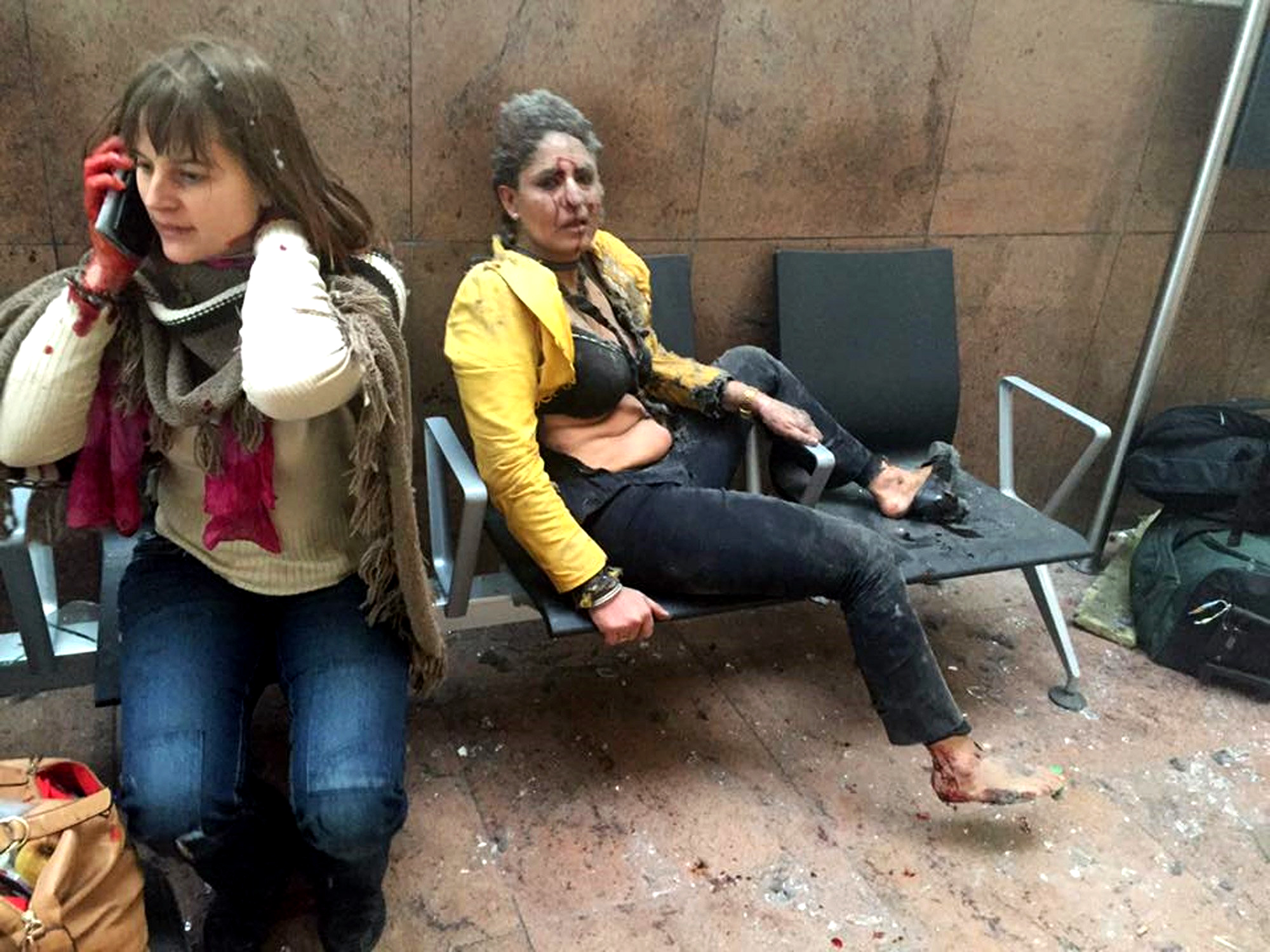
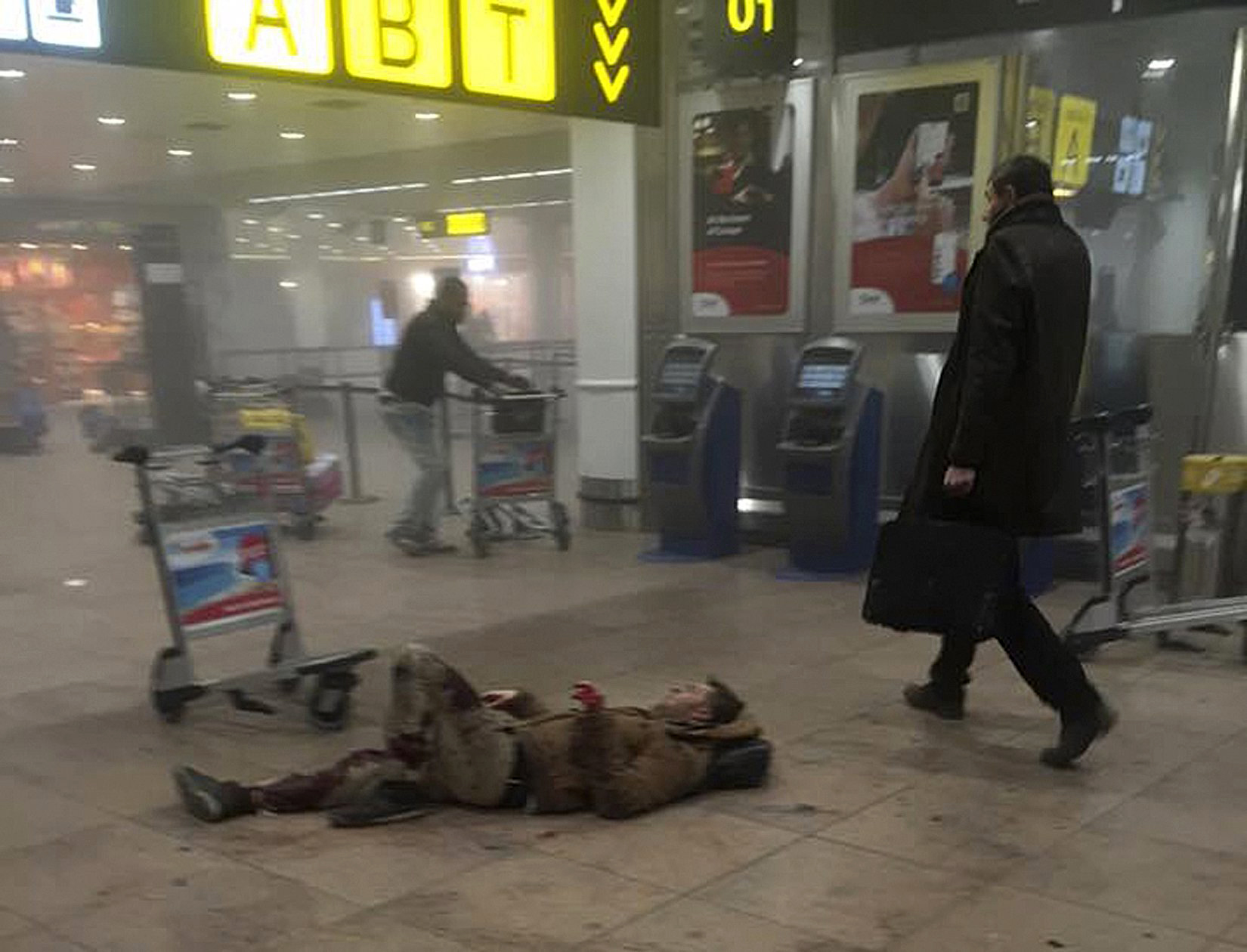
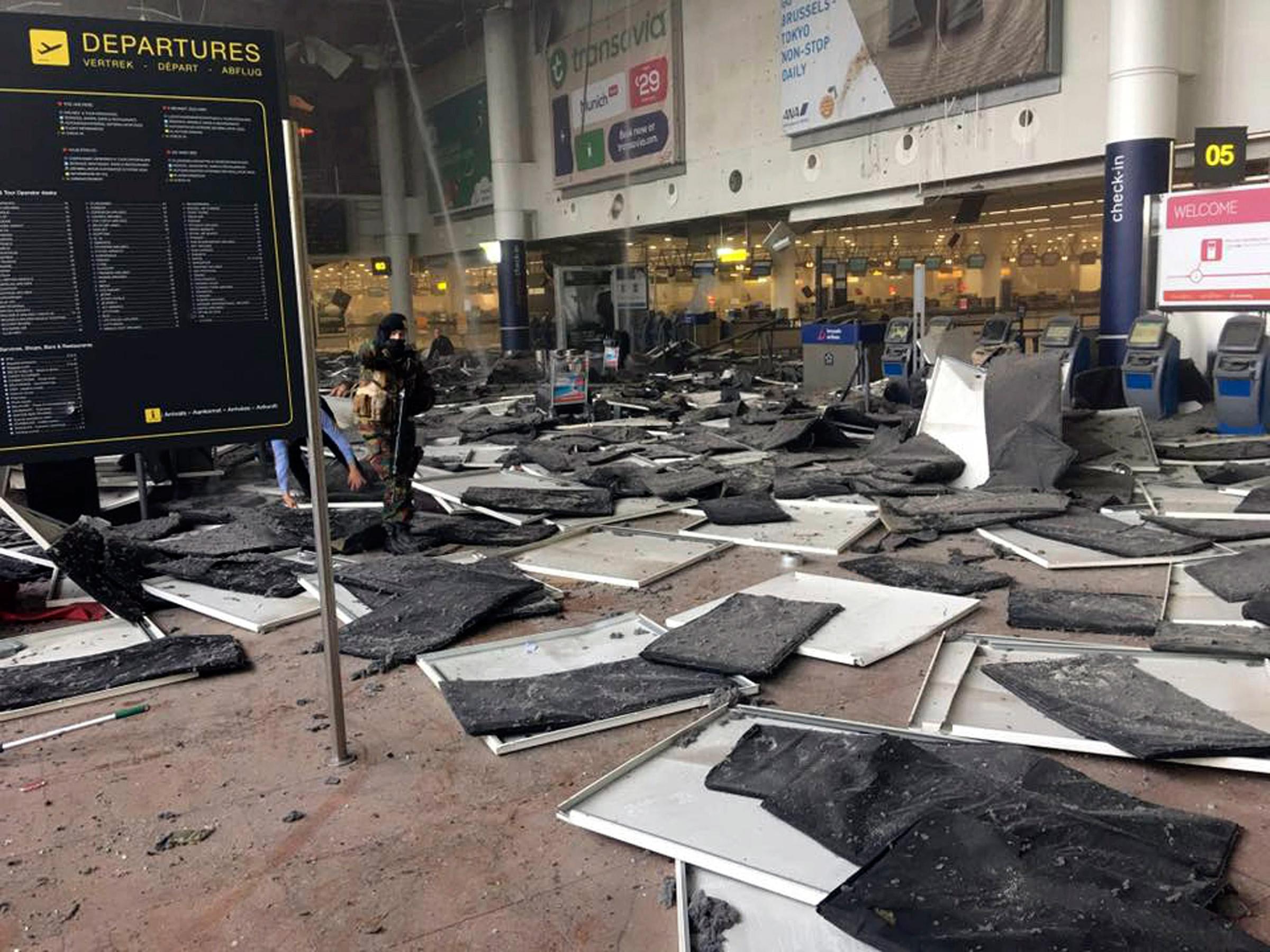
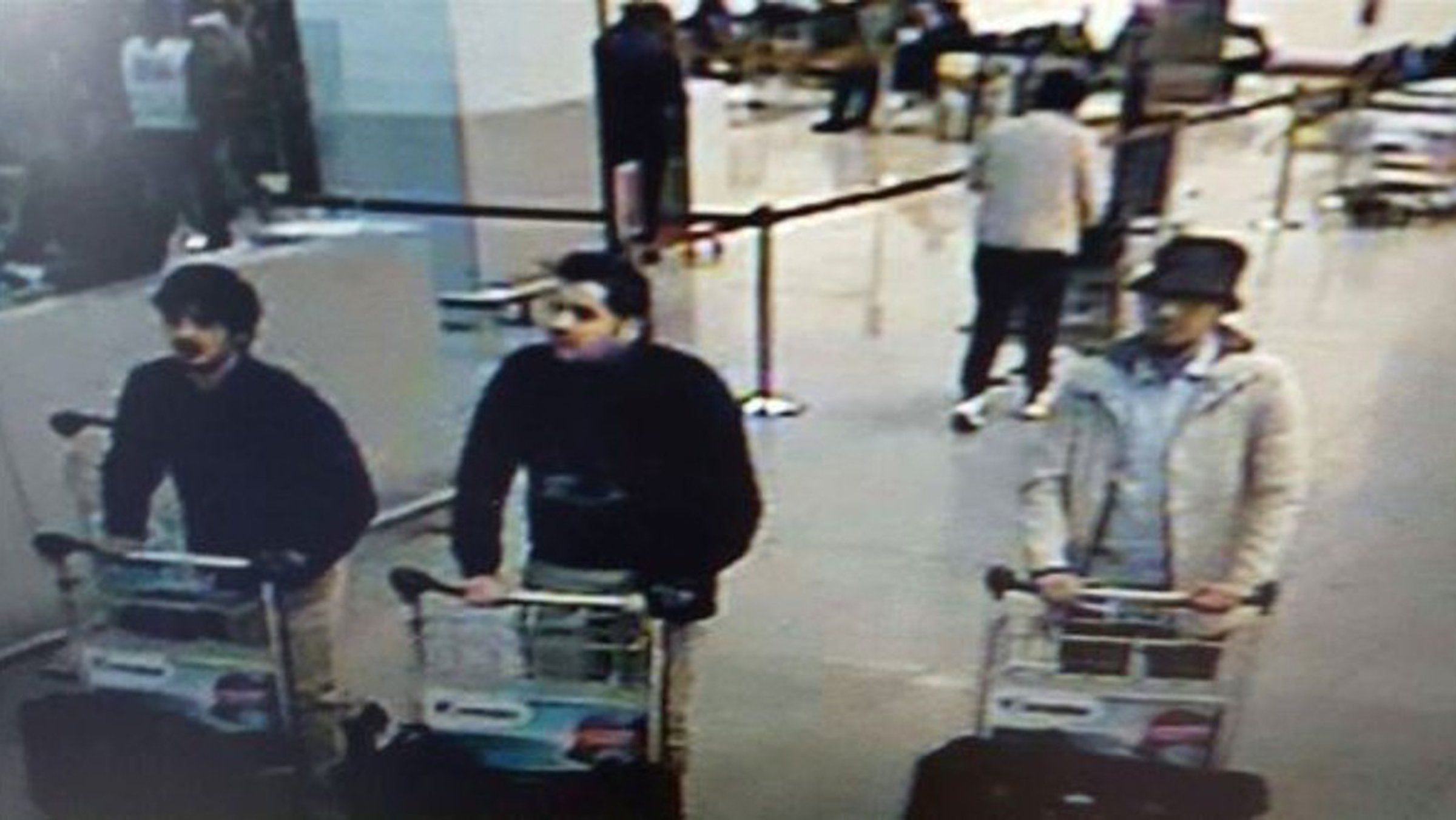
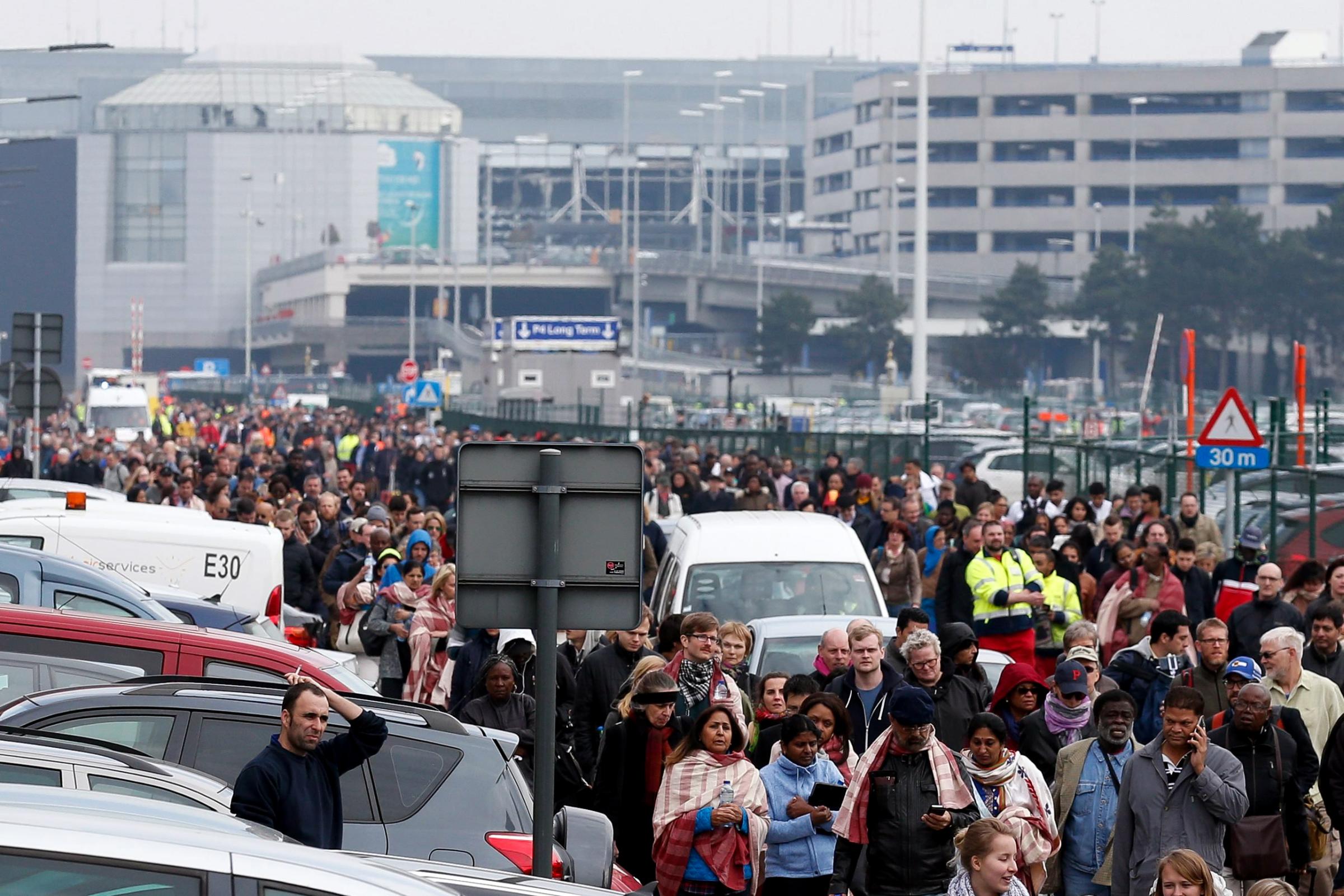
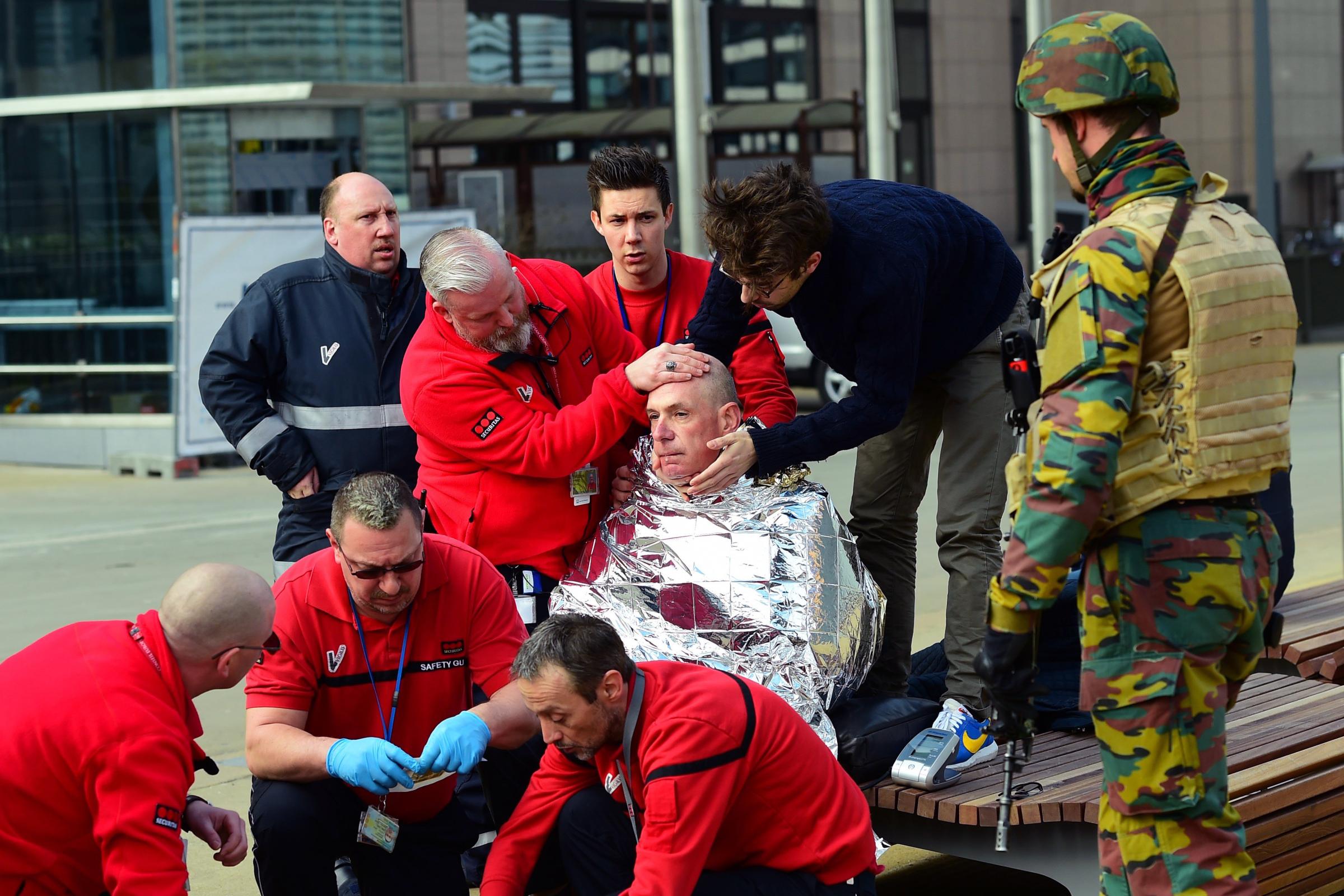
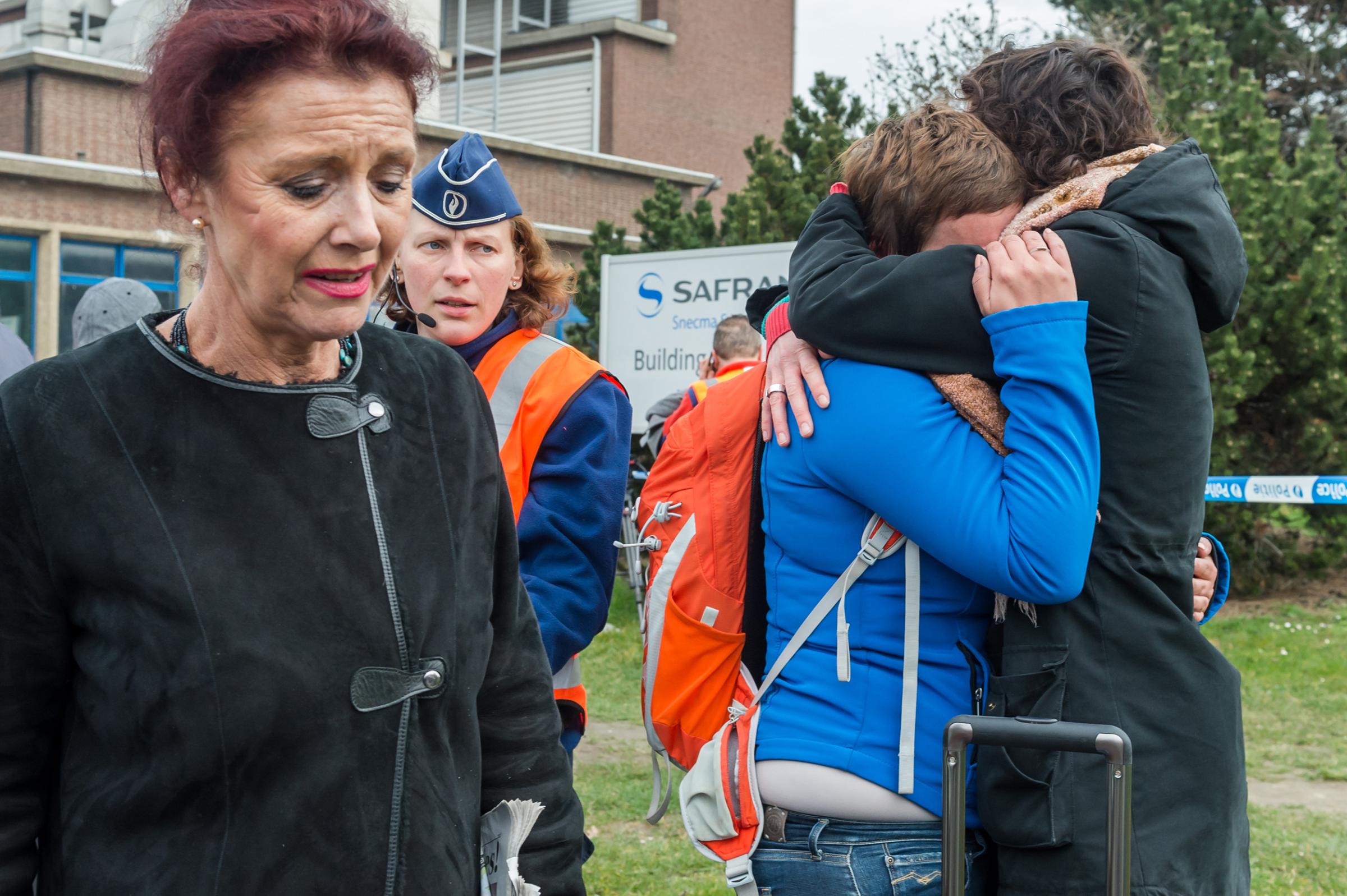
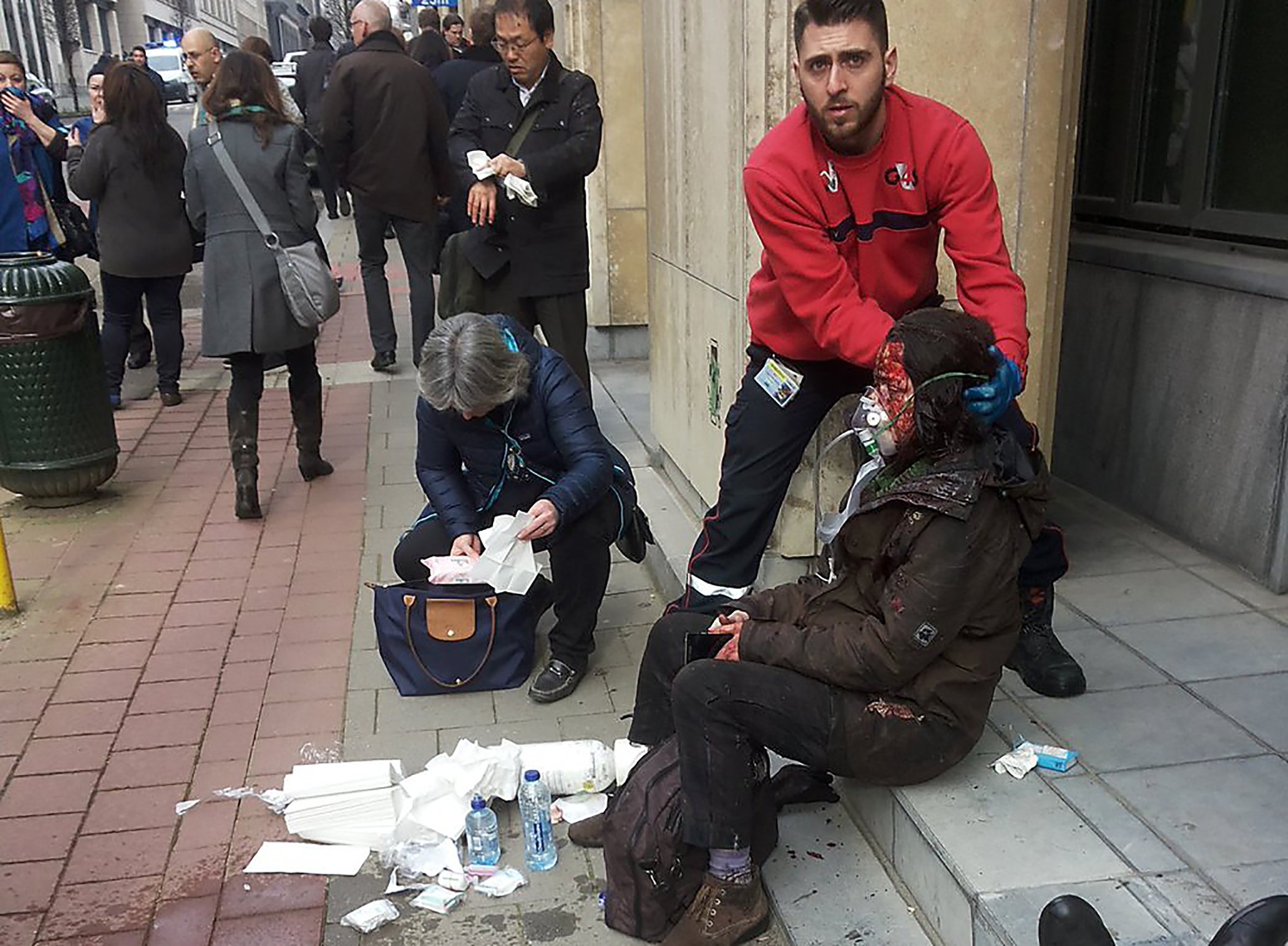
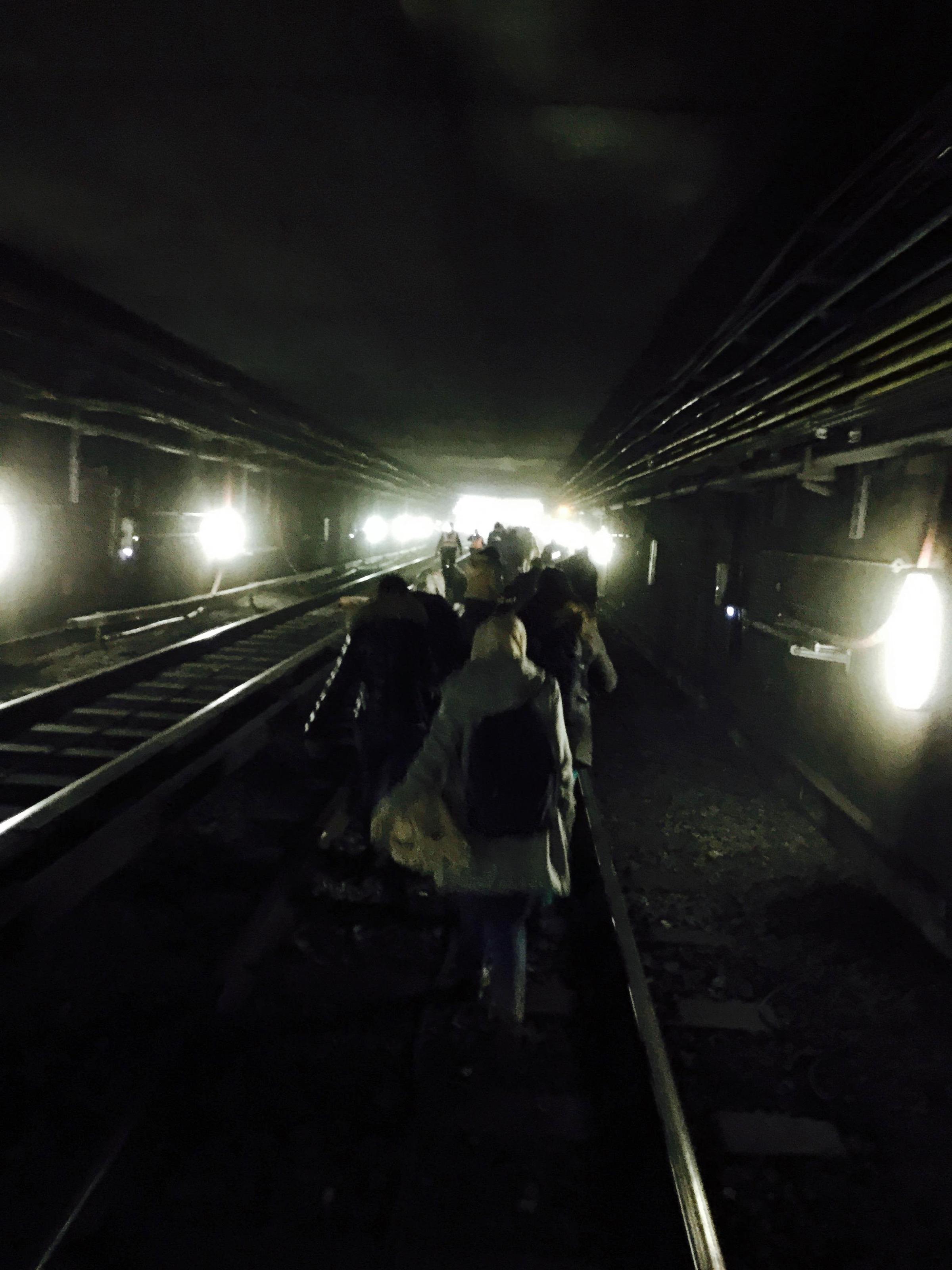
By late Tuesday morning no group had claimed responsibility for the attack. But the timing might be linked to the arrest last Friday of Salah Abdeslam, the only alleged perpetrator of the Paris attacks that is believed to still be alive. Belgian police finally nabbed Abdeslam last Friday, cornering him in a safe house in the heart of Molenbeek, a district heavily populated by second- and third-generation North African immigrant families.
In an interview on the weekend, Molenbeek’s First Deputy Mayor Ahmed El Khannouss told TIME local officials had the names of 85 residents who they believe have fought with jihadist groups in Syria and Iraq since 2012, and returned to Europe. “We need to figure out who is dangerous and who is not,” El Khannouss said. On Monday Belgian officials named two accomplices of Abdeslam who were still on the run, plus a third who was killed in a shoot-out with police last Tuesday, in a separate part of Brussels.
In recent interviews with TIME, some intelligence experts said they feared that Europe could face further coordinated attacks like Paris, which killed 130 people and for which ISIS claimed responsibility. “What we expect is a multicity, multitarget attack at the same moment, and it will have terrible consequences,” Claude Moniquet, a retired agent for France’s external intelligence service DGSE, who now runs a private intelligence company in Brussels, told TIME in a recent interview.
Officials have centered their scrutiny on those who have been battle-trained abroad, and who might be under instructions to return to Europe to fight at home; several of the Paris attackers had returned from ISIS training in Syria, and had hatched the Paris plot from a rear base in Molenbeek.
But in recent days, E.U. leaders have warned that the number of people who could potentially wage terrorism attacks appears larger than they previously estimated.
While police celebrated Abdeslam’s capture last Friday, their relief was tempered by the fact that a web of supporters and accomplices had apparently helped hide him for months — a group that still remains at large. “This is not over,” French President François Hollande told a press conference in Brussels on Friday night, adding that there the “wide, extensive” network of jihadists was bigger than French and Belgian investigators had believed in the immediate aftermath of the Paris attacks more than four months ago.
Belgian Foreign Minister Didier Reynders told a public panel discussion in Brussels on Monday that police had uncovered “many weapons, heavy weapons” during police raids last week that culminated in Abdeslam’s arrest. He said at least 30 jihadists remained at large in the city, and that Abdeslam had told interrogators in custody that he had been “ready to resume something in Brussels,” after apparently backing out at the last minute from his plan to blow himself up during the Paris attacks.
But despite Belgium’s maximum terrorism-alert level, tracking down the remnants of the jihadist network will not be easy — in part because the outlines of the network are becoming more and more blurred. Since the Charlie Hebdo attacks in Paris in January 2015, intelligence experts have warned that jihadists have tapped into Mafia-type organized crime, with highly sophisticated smuggling operations, for logistics support like transporting people, issuing fake identity papers or selling weapons. “Where there is money to be made, there is always a business opportunity for organized crime,” says Yan St-Pierre, CEO and counterintelligence adviser for the Modern Security Consulting Group, a private intelligence company in Berlin. “If they sell weapons to terrorists or someone else, it makes no difference, and often they are in the position to have access to smuggling,” he told TIME on Tuesday.
The mingling of two entirely separate worlds — organized crime and violent Islamic extremism — has hugely complicated the task of tracking down suspects. “This makes the situation extremely difficult for intelligence, because it is two different networks with two different logics,” Moniquet said by phone on Saturday. “And there is a clannish mentality, where if a friend comes and says, ‘Help me,’ you will do it without question.”
The deep budget cuts during Europe’s economic recession this decade presents another major challenge in dismantling terrorist networks, according to St-Pierre. He says E.U. governments are increasingly relying on high-tech surveillance methods, which are less costly than hiring people who can monitor every possible terror suspect. “Because of the cuts over the last five or six years, there are less and less people involved” in surveilling terrorist suspects, St-Pierre says. “They have to play catch-up, so it creates massive problems. The terrorists have adapted.”
More Must-Reads from TIME
- Donald Trump Is TIME's 2024 Person of the Year
- Why We Chose Trump as Person of the Year
- Is Intermittent Fasting Good or Bad for You?
- The 100 Must-Read Books of 2024
- The 20 Best Christmas TV Episodes
- Column: If Optimism Feels Ridiculous Now, Try Hope
- The Future of Climate Action Is Trade Policy
- Merle Bombardieri Is Helping People Make the Baby Decision
Contact us at letters@time.com